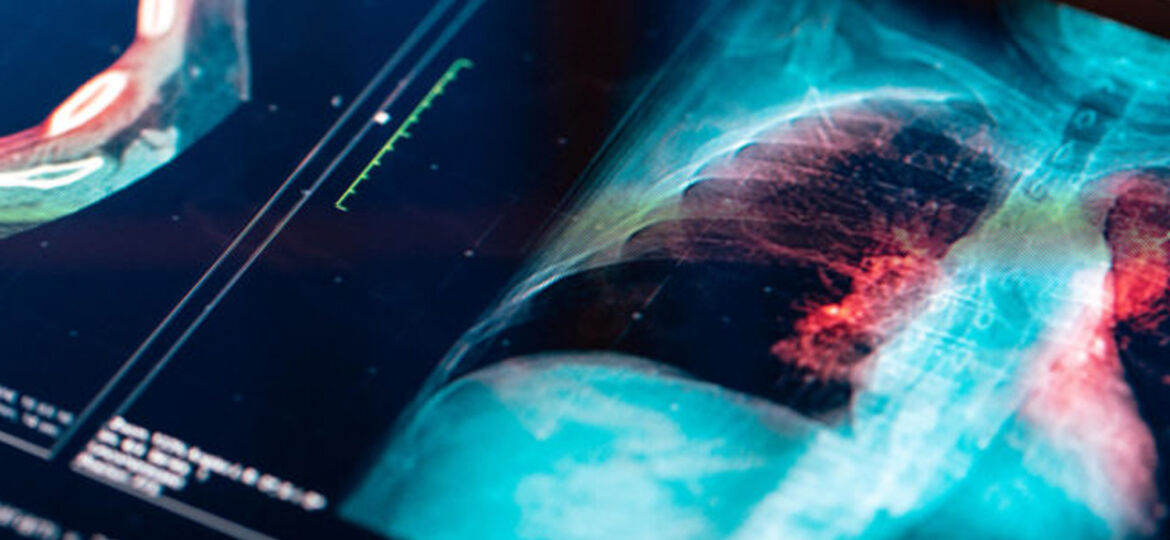

Imaging Excellence: Navigating Radiology Expertise for Precision Diagnostics
Radiology expertise is an indispensable aspect of modern healthcare, providing crucial insights into the human body through advanced imaging technologies. In this article, we explore the significance of radiology expertise in precision diagnostics and its pivotal role in patient care.
The Foundation of Radiology Expertise
Radiologists, with their specialized training and knowledge, form the foundation of radiology expertise. These medical professionals interpret various imaging modalities such as X-rays, CT scans, MRIs, and ultrasounds to diagnose and monitor a wide range of medical conditions. Their expertise is essential in translating images into actionable information for other healthcare providers.
Advanced Imaging Technologies
The landscape of radiology has evolved significantly with the advent of advanced imaging technologies. Cutting-edge equipment allows radiologists to capture detailed images of internal structures, enabling them to identify abnormalities, tumors, fractures, and other conditions with unparalleled precision. Staying updated on technological advancements is crucial for radiology experts to provide accurate and timely diagnoses.
Precision Diagnostics for Tailored Treatment
Radiology expertise contributes significantly to precision diagnostics, which, in turn, informs tailored treatment plans. The detailed images produced by radiological exams help healthcare providers understand the nature and extent of a medical condition. This precision is instrumental in developing personalized treatment strategies that address the specific needs of each patient.
Multidisciplinary Collaboration
Radiology expertise thrives in a collaborative healthcare environment. Radiologists work closely with other medical professionals, such as oncologists, surgeons, and internal medicine specialists, to provide a comprehensive understanding of a patient’s health. This multidisciplinary approach ensures that diagnostic information is integrated into the broader context of patient care.
Interventional Radiology: Beyond Diagnosis
Beyond traditional diagnostic imaging, radiology expertise extends to interventional procedures. Interventional radiologists use imaging guidance to perform minimally invasive procedures, such as biopsies, angioplasty, and tumor ablations. This aspect of radiology allows for targeted treatments with reduced risks and shorter recovery times.
Emergency Radiology: Timely Decision-Making
In emergency situations, radiology expertise plays a crucial role in timely decision-making. Rapid and accurate interpretation of imaging scans is vital for diagnosing traumatic injuries, identifying internal bleeding, and guiding emergency interventions. Radiologists in emergency settings contribute to swift and effective patient care.
Radiology Reports: Communicating Findings Effectively
Clear and concise communication is a hallmark of radiology expertise. Radiologists provide detailed reports summarizing their findings, which serve as a critical communication link between the imaging study and the referring healthcare provider. These reports guide further diagnostic and treatment decisions.
Technological Integration for Efficiency
Radiology expertise goes hand in hand with the efficient integration of technology into diagnostic workflows. Picture Archiving and Communication Systems (PACS) and Radiology Information Systems (RIS) streamline the storage, retrieval, and distribution of medical images, enhancing the overall efficiency of radiological services.
Continuous Learning and Quality Assurance
Given the dynamic nature of medical imaging, radiology experts engage in continuous learning and quality assurance programs. Staying abreast of evolving technologies, participating in ongoing education, and adhering to rigorous quality standards are fundamental to maintaining and enhancing radiology expertise.
Patient-Centered Care and Communication
Radiology expertise extends beyond technical proficiency to patient-centered care and communication. Radiologists play a crucial role in ensuring that patients understand the importance of diagnostic imaging, addressing concerns, and fostering a supportive environment during the diagnostic process.
In conclusion, radiology expertise is a cornerstone of precision diagnostics in modern healthcare. From advanced imaging technologies to multidisciplinary collaboration, radiologists contribute significantly to the accuracy and efficiency of medical diagnoses. If you’re seeking reliable radiology expertise, consider exploring the comprehensive services available at Radiology Expertise for a commitment to excellence in imaging and patient care.
